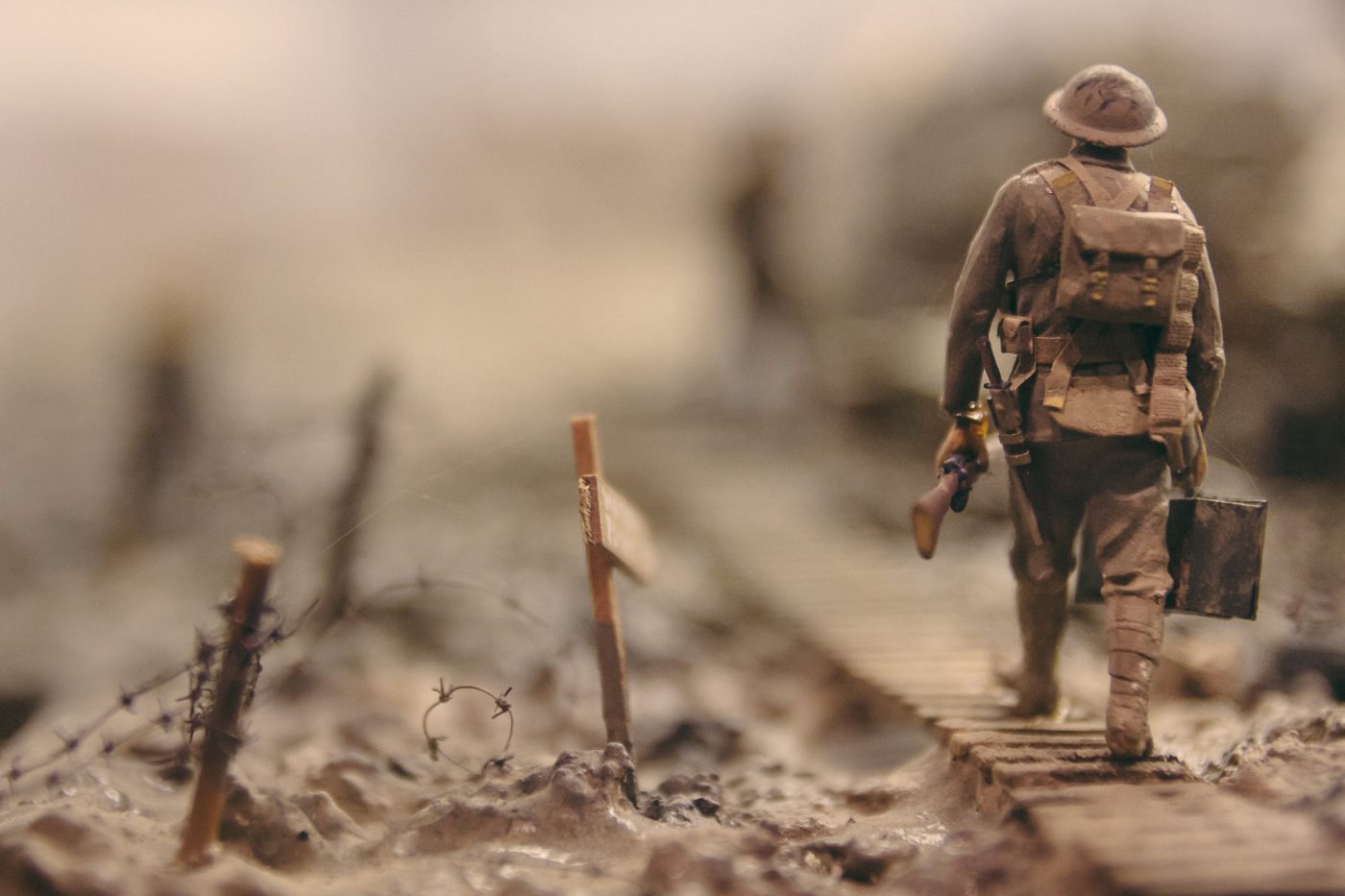After the finish of WWII hundreds of Japanese soldiers who had survived shipwrecks or plane crashes found themselves stranded alone or in groups, on uninhabited or minimally populated islands. Tragically, many of these soldiers were not found until many years after the war had ended, with one soldier discovered over 35 years later.
As each soldier was told that the war was over, and it was time to come home, many of them couldn’t fathom or accept the news and were still mentally armed and ready to continue the fight. In their minds, the war couldn’t be over as it was only their undying loyalty to the cause that had kept them alive all these years.
Today this historical story has created the image of what is commonly referred to as The Loyal Soldier and which is today’s topic of conversation.

Each one of us has a loyal soldier. It is a part of us whose primary task has been to protect us from harm. Often our loyal soldier is developed from a very young age keeping us safe and frequently providing a coping mechanism from emotional or physical pain. In our past, the loyal soldier did whatever they could to ensure we were protected… sometimes when we didn’t need it.
As an adult, our loyal soldier often doesn’t believe that our childhood traumas and battles have ended and have even been known to create circumstances to prove to us that we still need their protection.
As we get older, so does our loyal soldier and the strategies developed become firmly ingrained in us and are actioned automatically and unconsciously to defend us at all costs … even when the war is over. It is often these same strategies that once kept us safe that now prevent us from experiencing loving relationships and living purposeful lives.
You may be wondering, how do we get rid of this loyal soldier? The short answer is we don’t, however, we can acknowledge them, express gratitude and give them something more productive to focus on.

We can learn a lot from the Japanese and their approach to the rescued soldiers,
- They loved them and welcomed them home as heroes
- They thanked them sincerely for their loyalty, courage, and service
- They gently reassured them over and over that they were safe and the war had ended and
- They helped them find constructive roles for their range of highly developed talents
Let’s take an example to illustrate my point better.
You experience a significant event in your life, perhaps it’s the sudden and shocking finish to a long-term relationship or the death of a loved one. How will you cope? Enter the loyal soldier. Perhaps a way to navigate this challenge and dull the pain is by avoidance, disengagement, masking, and even numbing all emotions entirely through substance abuse. This is one strategy they offer.
And so you decide that a few drinks or a few joints won’t really be a problem, and you just want to feel better, or at least not be in pain so you indulge once, twice, frequently.
Then one day you wake up and with every significant challenge you have encountered since your initial heartache you realise that your coping mechanism is to turn to drugs and/or alcohol as your strategy.

Perhaps some years later you meet a wonderful human who you want to be with. Your loyal soldier stands to attention and is there ready to fight and sabotage any chance of a loving relationship you might have, on the off chance it becomes a war and you are once again in need of protection.
Our childhood coping strategies have been around forever and will continue to show up as required often throughout our whole life. This loyal soldier successfully protected you when you were very young and helped you through some of your toughest times, so once upon a time, you did need them… but not anymore.
And so there will come a time when we will need to manage our soldiers and drop into the silence. We must acknowledge them, and thank them for their service but reassure them that we can now provide self-guidance for ourselves and that boundaries need to be put in place.
In this way, we don’t dismiss or negate the impact and need we had for them. After all, they stood by us when we were lost and provided us with safety and security when we needed it most. Now the time has come to develop and reinforce new positive strategies and behaviours that no longer require our loyal soldier to go into battle for us.
Which loyal soldier do you need to discharge today?
What is your automatic ‘reflex’ and where does it come from?
How do you cope with difficult times and have you put your loyal soldier(s) to positive use, using their strength to enhance your life and allow you to live powerfully and deliberately?
Much Love
Dalya xx 💙
